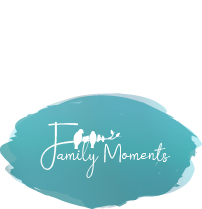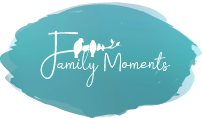No products in the cart.
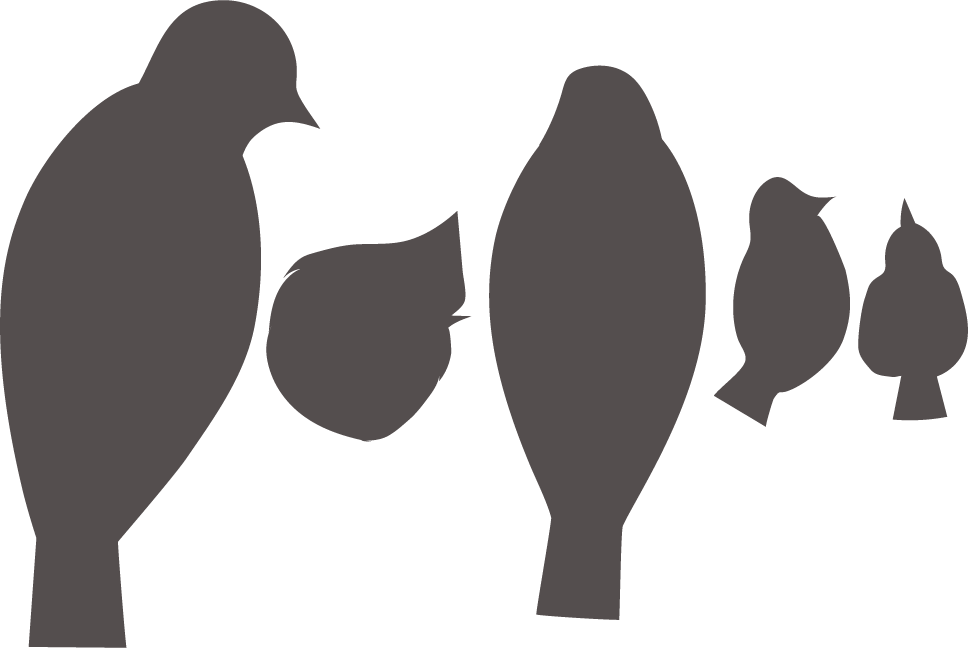
Online Course
Boundaries for emotionally intense kids
How to avoid escalating when setting and sticking to your boundaries with kids who feel deeply and reacts explosively in 5 actionable steps by understanding them and finding ways to stay calm in the intensity.
Available instantly when you signup
The course will allow you to
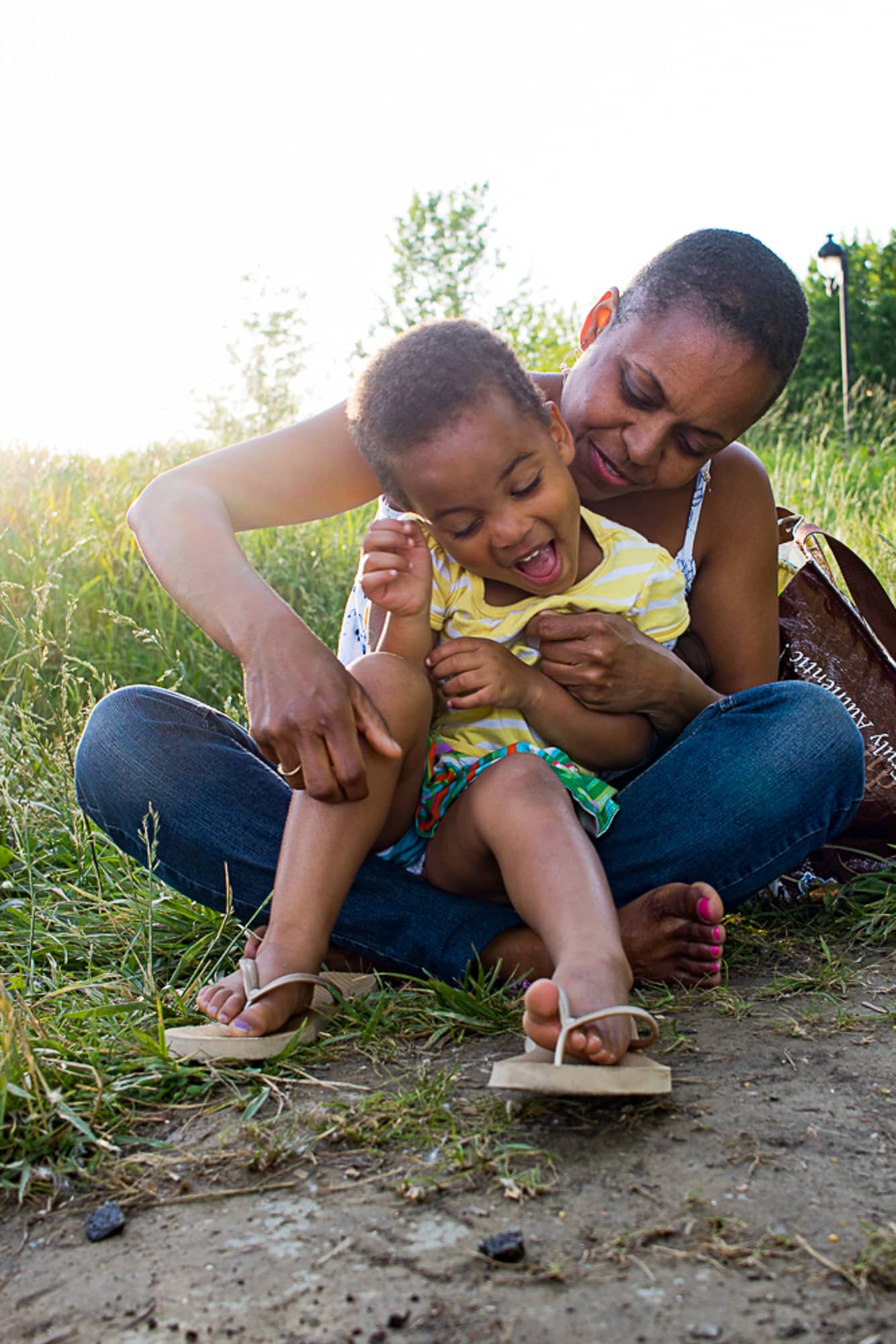
During the course you will get
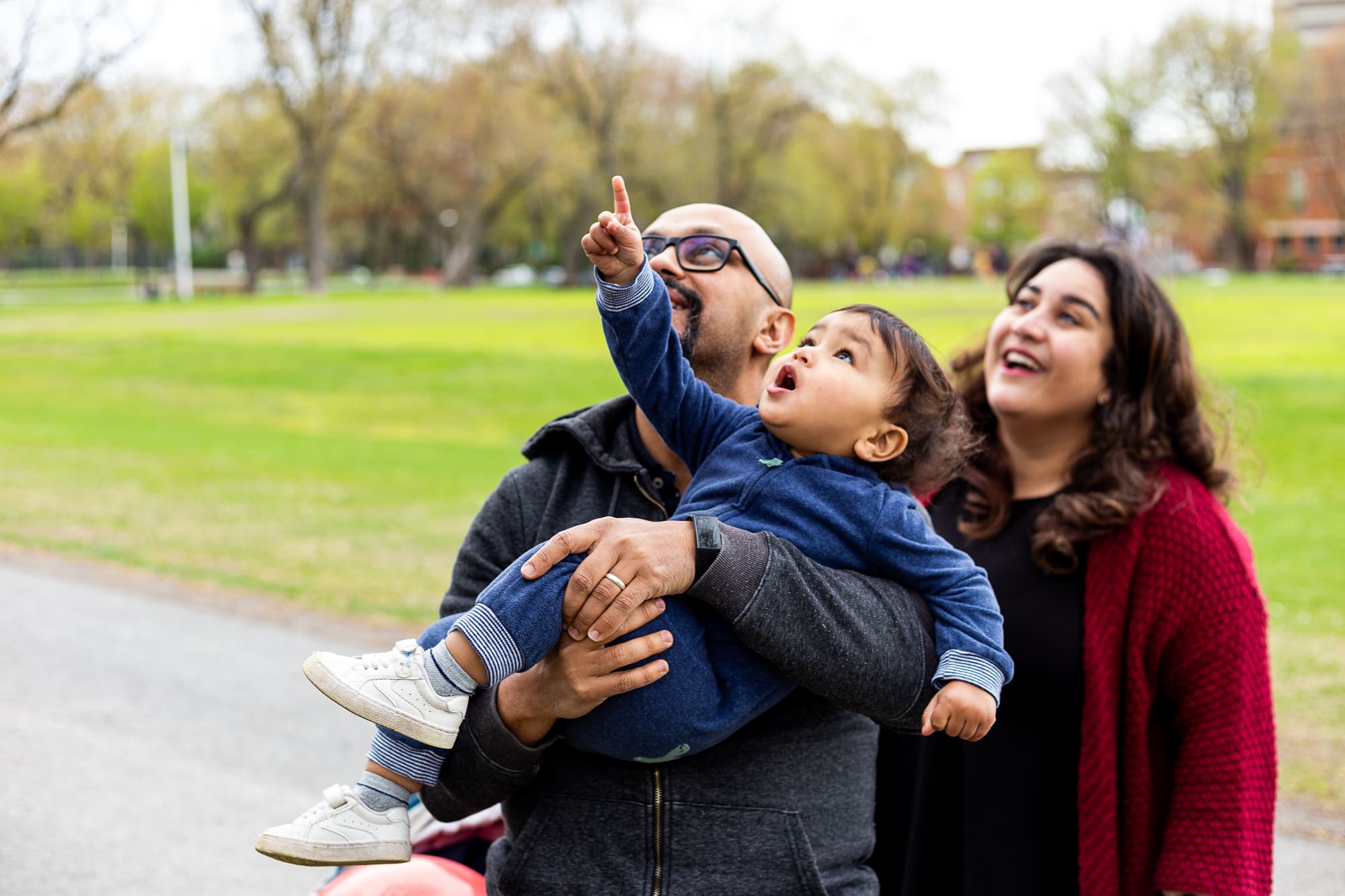
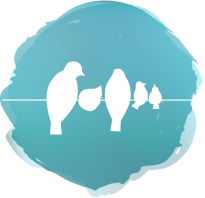
"
In the live class, Anouk was so involved and responsive with all the students on board. She gave so freely of herself. But she also does it in the course material and shares her knowledge and tips without holding back so that everyone wins.
K. L.

"
Anouk was a very understanding guide (...). She created a safe space to share our thoughts, feelings and questions. Her presence was very calming. Everyone was allowed to participate in their own way/pace. No guilt, no pressure. The exact opposite of what a normal parenting day looks like
Y. N.

"
Anouk's class has been a blessing in disguise. What I love most about her teaching is how "real" she is about her work and what she does. Of course, the good stuff is there too, but it's nice to know that everyone (even the best) are human too!
But wait, what's an emotionally intense child?
An emotionally intense child feels deeply and reacts more intensely then most kids the same age to many kind of situation.
They can also be unpredictable in the way that they sometimes collaborate perfectly in a setting and absolutely not the next time in the same setting.
The most important thing to remember is that they don't do it on purpose, they are not able to do otherwise on their own and need support.
They all have their particularities but I see them as 3 different types:
- Lion
- Hedgehog
- Sloth

The Lion
The lion child is always on the move, loud most of the time, really curious and inquisitive and don’t really care about social expectations or is just not able to control themselves to behave in that expected way, no matter how often you repeat yourself or how hard they try.
It's a child who's externalized in their reactions everywhere and acts out at home as much as everywhere else.
You might get daily call from school, they probably have some service in school settings and you're most likely judged for not being able to control them.
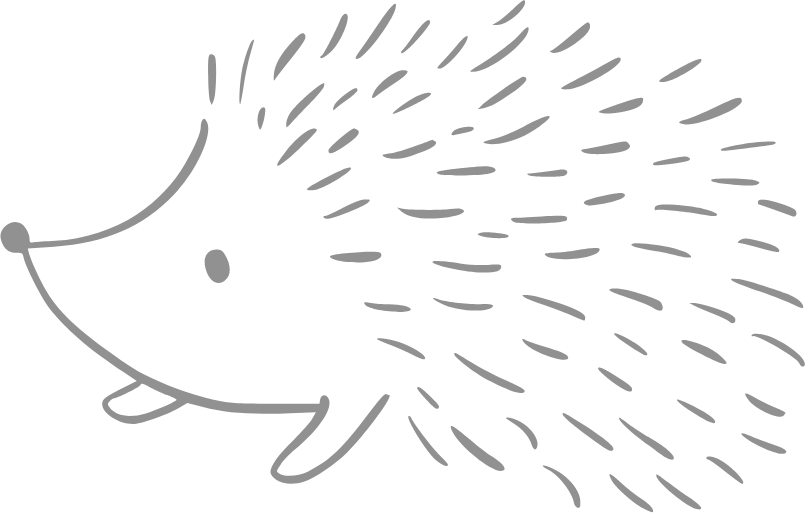
The Hedgehog
The hedgehog child looks very sweet, calm and in control out of the house but will explode once at home and with people they are closer and more comfortable with. They are generally really sensitive and creative. They might be more whinny and cry more then the Lion, but can also be very intense in their reactions.
It's a child that is internalized in their reactions out of the house, but externalized at home so others don't see it and most of the time don't understand what you mean and don't trust you when you're sharing your experience, you're probably judged (and might judge yourself) like you are the problem since it's all happening in your house/with you.
For that reason they probably don't get access to any support in school settings even if they could benefit from some.

The Sloth
The Sloth is a child who's sweet, calm, looks in control, is often alone, helpful to adults, don't talk loudly or run around and is generally really careful. They are really reserved and might be seen as slow, lazy or shy. When they react it's more in subtle whining or crying, you might tel them to speak up often.
It's a child who's Internalized in their reactions everywhere, which means they often go under the radar even for parents, so I'm not even really expecting their parents to read this 😉, so if you are, congrats for being so in tune.
Even if they don't look like it, they are still struggling inside and things might get harder as they grow older and there's more demand and more stress in their life.
Do any of that resonates? This private audio series was designed with parents of Lion and Hedhog kids in mind, as they are the one's that are the most challenging to set boundaires with for obvious reasons.
But even if it's not as hard for you as the parents, applying some of the principals with the Sloth kids will also be beneficial for them.
Who leads this training?
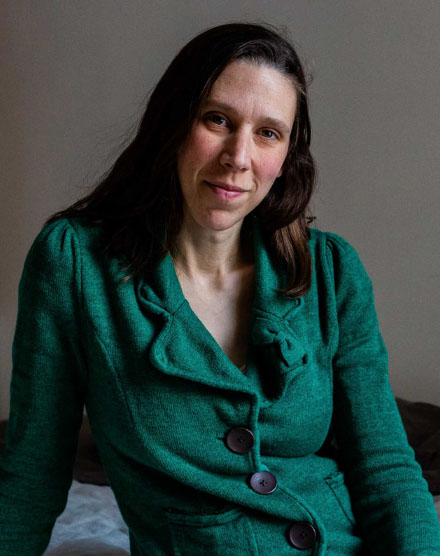
If we haven't met, Hi, I'm Anouk!
I'm a mom of 3, I have a master's in social work and I've been supporting parents for 15 years (and that's how long I've been a mom!).
I support parents of emotionally intense kids for whom nothing in the “general parenting advice” seems to work.
Together, we'll uncover what’s going on with your child and find solutions and ideas that work for YOU and YOUR kid(s) so things go more smoothly, you can quit feeling like you are failing at parenting in constant fear of the next outburst and feel confident in trying different things that fit your kids' needs better.
FAQ
The course is designed for parent of kids age 3 to 12. Although it can still work or teens, some things might need to be modified a bit.
Absolutely not. Any caregivers of an emotionally intense child is welcome to participate and will benefit from the course.
Each module is pretty short, less than 15 minutes, so you can listen or look at the video and take action right away.
You'll find the short version and action step in the workbook too so yon don't have to go back and listen again to remember what it was.
You have access to everything for as long as needed so you can make that fit in the cracks of your days.
This course is not generic tips and tricks you've seen again and again all over blogs, books and such.
Not even what most professionals will tell you to do with you kids.
It's a different approche to parenting that will help you to understand your child, focus back on your values and priorities and find the solutions IN YOU. Because you are the expert of your child and the ones who know them best.
You have indefinite access to this course. Although I encourage you to not wait to long before you start, otherwise you might forget.
But life and kids change so you will be able to come back and revisit it as much as you need.
Maybe you're coming from a link and got here and you though this would be free. If it's the case I'm sorry that it's no longer the case. The program been updated and is now a low cost program.
You can explore all the free (and other paid) resources I offer on this page.
You can ask question in the Facebook group and if you need individual support, you can find all the ways I can support you over here, including am audio and chat only option.
Since it's a program you get direct access to, there's no refund possible.
But if it's not what you were expecting, contact me in the first 7 days of joining and we'll see what we can do.
The program as it is has not been studied scientifically because I've just developed it. However, it's based on scientific data drawn from the systemic approach, the theory of empowerment, therapeutic photography and the narrative approach, as the main intervention approaches which have all been studied in recognized universities and still are, and which are used in the field in social work in particular but also in other disciplines.
I will be happy to answer them. I'm always the one who reads everything but still has questions, so I completely understand. You can email me at info(@)familymoments.ca
